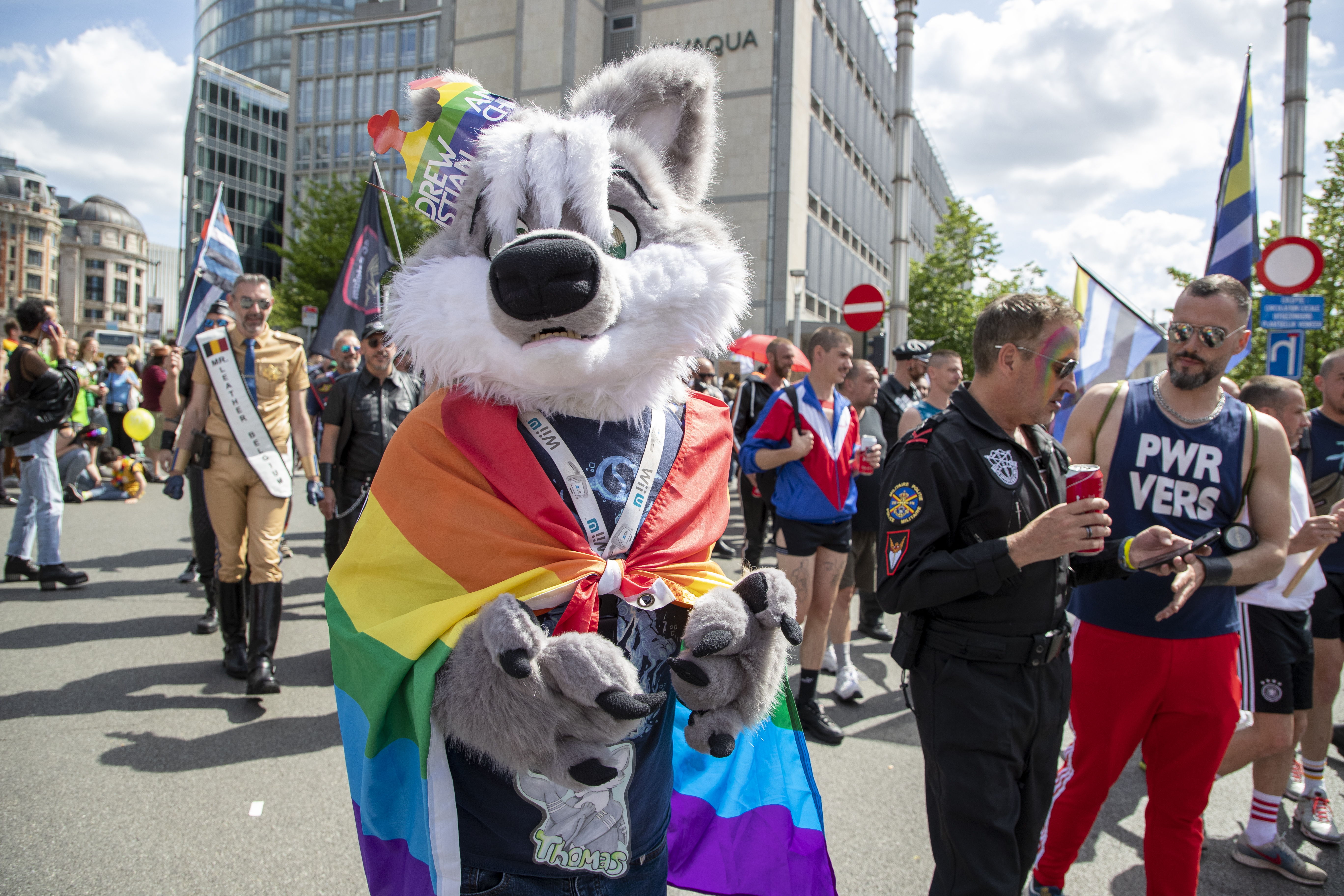Physical violence and lack of understanding: Flanders not always tolerant towards LGBTQI+ community

No less than one in four people who consider themselves part of the LGBTQI+ community has already experienced physical violence. This is shown in a survey conducted by the Flemish newspaper HLN and the commercial TV channel VTM on the eve of Antwerp Pride. Furthermore, it appears that the Flemish people are not so tolerant and open-minded when it comes to sexual orientation and gender identity.
For the survey, the media asked 1,000 Flemish people what they thought about the LGBTQ+ community. Also 400 LGBTQ+ persons were questioned about their experiences. It turned out that no less than 16 percent gave a happiness score of 0 to 4 out of 10, a figure that is twice as high as for non-LGBTQ+ people. A quarter of LGBTQI+ respondents said they had been physically threatened because of their orientation or gender identity. Half do not feel safe enough in public spaces to show their orientation or gender identity.
Negative attitudes
Despite the fact that the survey by HLN and VTM indicates that 89 percent of the 1,000 Flemish people believe that everyone should be able to freely express their sexual orientation, they do not always appear to be as open-minded or tolerant. Men have a more negative attitude towards the LGBTQ+ community than women, while people over 55 appear to be less tolerant than young people.
Although 59 percent of respondents find it normal for men to walk down the street hand in hand, 17 percent find it unacceptable. 24 per cent think it's fine, as long as it doesn't happen in public. Women can count on a little more understanding. About 73 percent of the interviewees find it fine to walk hand in hand, while 10 percent find it unacceptable. About 17 percent experience it as uncomfortable when women hold hands in public.
"Men's sexuality is still viewed differently than women's," Bart Abeel, president of Antwerp Pride, told HLN. "Men showing each other affection is seen as a clear statement, while women are more likely to walk hand in hand or arm in arm, even in non-relational contexts. Our heteronormative society still finds homosexuality in men harder to digest than in women."
"Fear of walking down the street hand in hand because of your orientation touches the core of our society: the freedom to be who you are," Society minister Dirk Somers (Open VLD) reacted. "These are figures that give food for thought, but they do not come as a surprise. They are in fact an extension of earlier research. Holebi's today too often do not feel safe on the streets. Too often they simply are not."
Traditional views also remain present in Flanders. For example, 29 percent of those questioned think that children should be brought up by a man and a woman, while 23 percent find it unacceptable that parents of the same sex can adopt a child.
Transgenders
Flemish people also seem to have a harder time with transgenders than with holebis. Although 73 percent find it acceptable to go through life as the gender with which people identify, 34 percent find that your gender is determined by birth. No less than 24 percent think that the acceptance of transgender people in our country goes too far. Some 44 percent find it unacceptable to indicate gender on a passport with an X. About 25 percent consider transgender people to be a fad.
The number of Flemish people who would fully support their child if it came out of the closet as a gay or lesbian is 62 percent. In the case of transgenders it is 40 percent.
"In recent years we have seen a progression in the acceptance of a different sexual orientation," the chairman of Antwerp Pride said. "Gender identity is something completely different. People have even less awareness and knowledge about it, which makes it harder to accept."
In the coming days - from 10 to 14 August - Antwerp city centre will once again be the setting for Antwerp Pride, a multi-day festive event that has been uniting sympathisers and members of the LGBTQI+ community since 2008. Just like Pride Amsterdam, Antwerp Pride is a purely festive affair for the LGBTQI culture. This sets both events apart from Belgian Pride in Brussels, which has a more demonstrative character.
(AHU)
#FlandersNewsService
© BELGA PHOTO NICOLAS MAETERLINCK